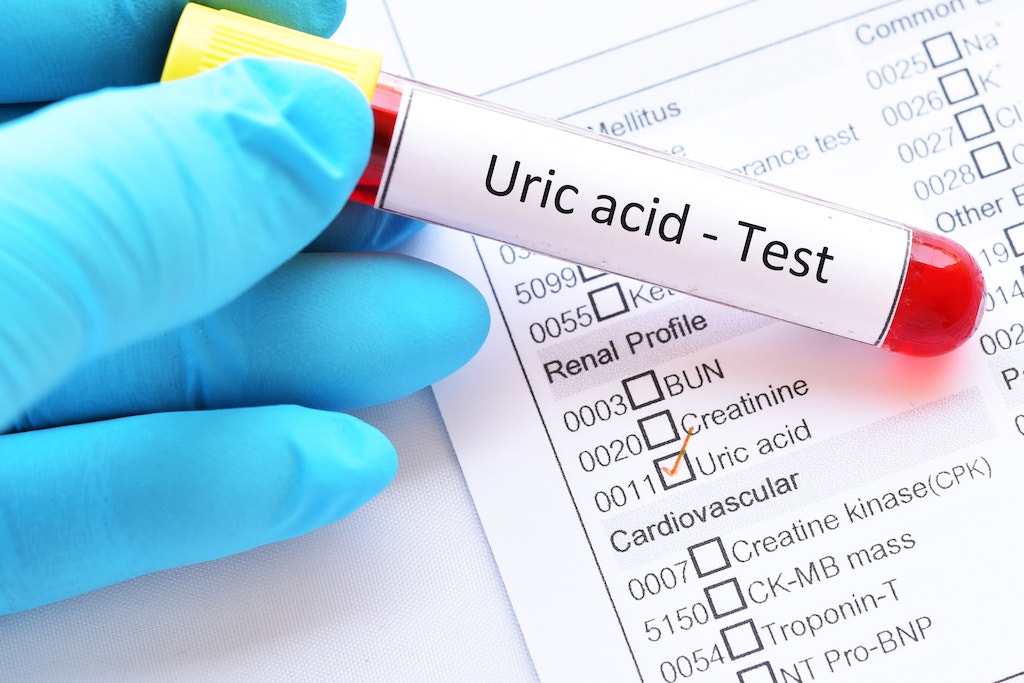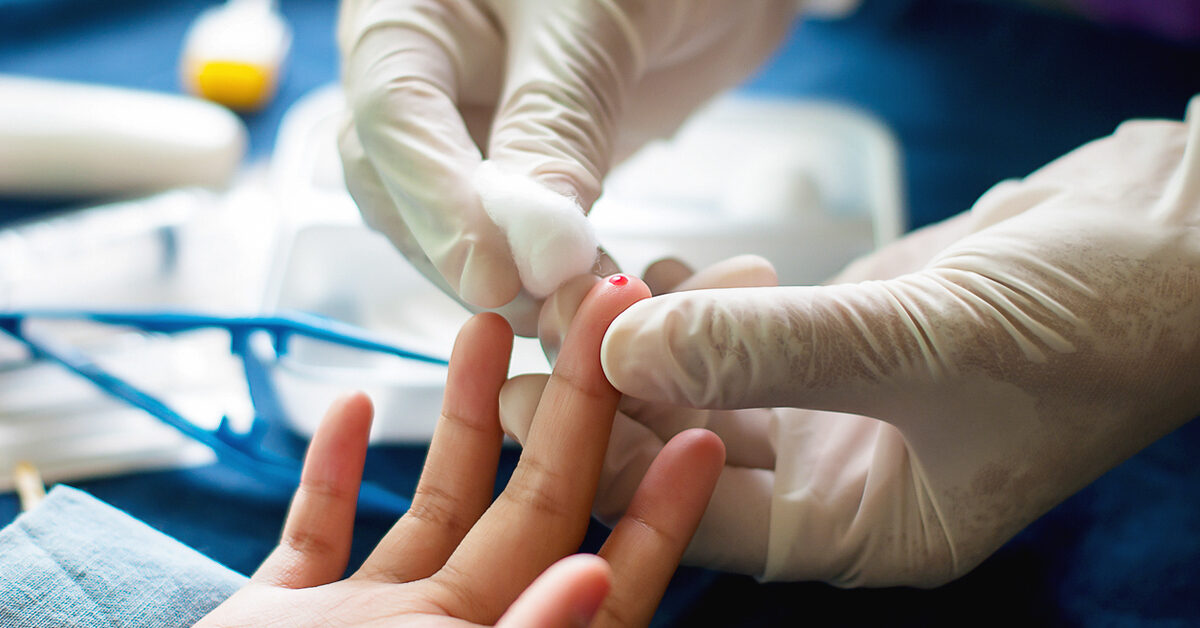A person having irritable bowel syndrome mostly has belly discomfort along with bowel habits trouble. This condition usually affects people in their late teens to their early 40s and women are more prone to this syndrome than men. One of the common-most symptoms of irritable bowel syndrome is a different kind of stool. That is, stool that is hard, soft, of a differentcolour, etc. Medications like drotin p help with these kinds of syndromes.
What triggers IBS?
The most common symptoms of irritable bowel syndrome include diarrhoea, constipation or alternating diarrhoea and constipation, belly pains or cramps that usually tend to worsen after heavy meals, stomach gas or bloating, harder or looser stools or a stuck-out belly. Urinary or sexual difficulties also tend to arise in some people. IBS comes in four different types, including IBS with constipation, commonly known as IBS-C, IBS with diarrhea, commonly called IBS-D, mixed IBS, also known as IBS-M and there is another type for people with IBS who do not easily fit into any of the above three categories, which is called unsub typed IBS called as IBS-U.
- Diet
Certain things can flare up IBS in a person. These things are called as triggers of IBS. However, diet and the food you consumeis regarded as one of the major triggers of IBS. Different types of IBS triggers occur, based on the kind of foods you consume or the kind of diet you maintain.
As discussed earlier, there are four major types of IBS. And each type is triggered by a different type of diet. For example, IBS constipation is triggered by certain foods such as bread and cereals that are made of refined grains, certain processed foods such as cookies or chips, coffee, aerated soft drinks and alcohol, diets high in protein and dairy products, particularly cheese.
Likewise, IBS diarrhoea has its own set of diet triggers which include high, insoluble fibre-based diets, chocolates,and chocolate drinks, not to mention other drinks that contain high amounts of caffeine, alcohol, fructose or sorbitol, carbonated drinks, having large meals all at once, fried foods and foods rich in fat content, dairy products, especially milk, for those who can’t tolerate it and wheat or gluten, especially for people who are allergic to it.
- Stress and Anxiety
Stress and anxiety are one of the nastiest things that worsen the symptoms of IBS. These stresses and anxieties can occur due to many things, including work worries, money worries or having a sense that you don’t have control or are losing control over things.
- Drugs
Some types of drugs can also trigger constipation or diarrhoea, leading to IBS. People who are diagnosed with IBS are generally intolerant towards certain kinds of medications such as antibiotics, some types of antidepressants and medicines which are made of sorbitol, such as cough syrups.
- Menstrual
IBS in women tends to worsen during their menstrual cycle or periods. But you will have to bear with it as it cannot be avoided.
- Other Types of Triggers
Certain other types of triggers such as eating while working or driving, eating very quickly, chewing gum and lack of proper exercise can also lead to IBS-like symptoms or even worsen them for those who already have it.
Living with Irritable Bowel Syndrome
There is no known cure for IBS yet, so living with it by modifying your lifestyle and habits is the only way to go for now. There are also a few pharmacological and non-pharmacological therapies you can try, to alleviate the effects of IBS. However, there are no set rules for managing IBS. Sometimes, lifestyle and dietary modifications, exercises and thorough knowledge of IBS all work together to counteract the disorder.
Exercises and physical activity have shown to reduce abdominal bloating and constipation, not to mention other triggers of IBS such as stress and anxiety. Physical activity and exercises can alleviate life stressors which are one of the major triggers of IBS. Also, a person with IBS can likewise try other stress-reducing techniques such as deep breathing, yoga, guided imagery and counselling among others.
Those simple relaxation exercises can go a long way when it comes to controlling the severity and frequency of occurrence of the symptoms of IBS. Also, foods such that have high caffeine or fibre content in them, such as coffee, tea, alcohol, aerated beverages, dairy products,and cereals tend to worsen the symptoms of IBS, especially if the person is intolerant towards them. So, if you know that you are experiencing symptoms of IBS, at least try to cut down on the intake of such foods, if you can’t avoid them completely. So, a gluten-free diet surely helps you out here.
Ways to Manage Irritable Bowel Syndrome
IBS can be quite annoying not only to cope with but to treat as well. This is because of different people experiencing different types of IBS, due to different triggers. Irritable bowel syndrome can also be inherited. Not to mention that it has a connection with those oversensitive nerves that are present in the gut. However, there are quite a few ways in which you can manage IBS and reduce the impact it has on your daily routine.
- Try Probiotics
Research suggests that probiotics also help ease irritable bowel syndrome. Probiotics are antibacterial, and destroy any harmful bacteria in the stomach. Probiotics come in many forms, including yoghurt, capsules,and powder. At first, you can try a few cups of yoghurt each day to see if your body is responding. If you feel that you need more of it, then you can alternatively try the capsule or packet form of probiotics.
Today, probiotics are available in almost all places including grocery stores, departmental stores,and malls. You can also try sprinkling it on your food to see if that works. However, you will need to consult a doctor or a known healthcare specialist to find out about what dosage you need to take. Too much of it will be harmful.
- Medications
Over-the-counter medications such as fibre supplements, when taken along with fluids, provides the body with fibre, which is essential to alleviating the symptoms of irritable bowel syndrome, such as diarrhoea or constipation. However, studies regarding their effectiveness against IBS is rather inconclusive.
Then there are other medications for treating IBS. Laxatives are one other type of medication which can act as an alternative to fibre supplements. These are especially helpful for those people suffering from IBS-C or irritable bowel syndrome with constipation. Magnesium Hydroxide or milk of Magnesium and polyethene glycerol or MiraLAX are two such osmotic laxatives.
Some other medications like drotin p also help in treating muscle spasms in the heart and the stomach, and can thus act as a cure for IBS.
There are also some cathartic laxatives you can try which include Dulcolax among others. Dulcolax usually contains Senna or bisacodyl which irritate the inside of the colon and should be used for a long time, since they can stop working if they aren’t used continuously.
People with IBS-D or irritable bowel syndrome with diarrhoea could probably try some over-the-counter anti-diarrheal medications. Loperamide or Imodium is one such medication which helps in controlling diarrhoea. Certain bile acid binders like cholestyramine or Prevalite, colestipol or Colestid or colesevelam or Welchol can also prove to be beneficial for IBS. However, they can cause bloating as one of the side effects.
- Reducing Diarrhoea, Constipation and Bloating: General tips to relieve yourself from IBS symptoms
You can control the symptoms of IBS by eating homemade food and meals and keeping a check on the kind of symptoms you are having, not to mention, the things you eat. Try relaxation techniques now and then, and get an adequate amount of exercise. Take meals at the right times and try not to skip them. Also, try avoiding spicy or fatty foods, and things such as aerated drinks, too much tea or coffee or even alcohol.
Drink lots of water, as this will help keep your stool softer, and increase your intake of good, wholesome, fibre. These include things such as oats, carrots, pulses, etc. If you want to reduce diarrhoea, then you should avoid foods that contain a high amount of fibre, not to mention, nuts and seeds. Also, you should try to avoid any food that contains such sweeteners as sorbitol.
Foods that are hard to digest, such as cabbages, cauliflowers or broccoli should be avoided, in case you are suffering from symptoms of IBS. Likewise, too much fruit, more than three portions of 80 grams each, is also bad for people having IBS like symptoms.
For all those of you who are suffering from irritable bowel syndrome, you can try medications or try to add or cut down on certain types of food. Or you can likewise try all of these in combination for the best results.
Although many say that there is no such prescribed cure for IBS, managing and living with it shouldn’t be much of a problem. Especially now that you know how to do it. In that, you now know what to eat and what not to eat, have lots of physical activity, drink lots of water, and if none of them seem to work, you always have medications which can help you there.
 Amazing India Blog Know India Better
Amazing India Blog Know India Better




